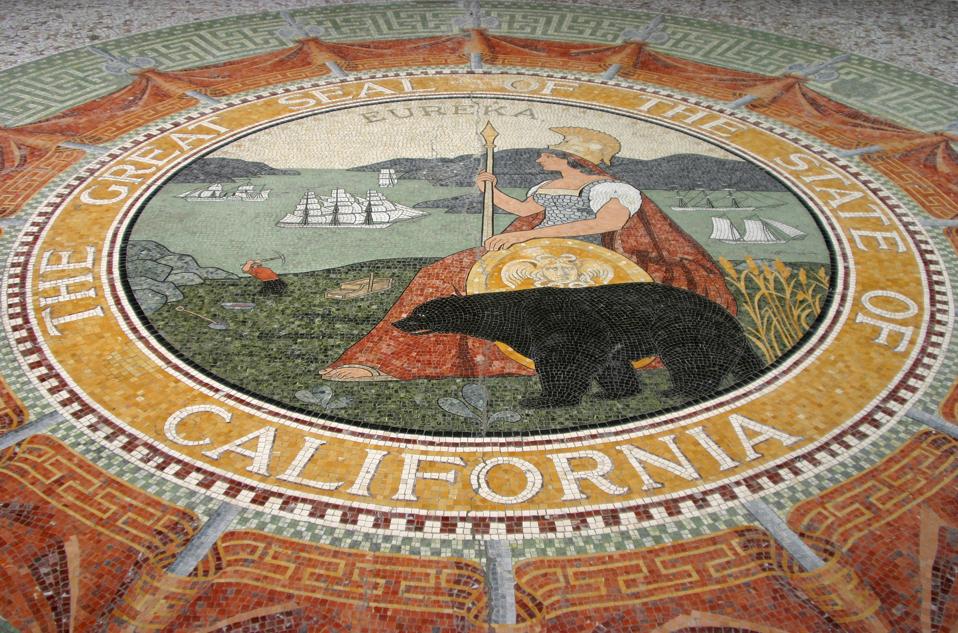“Texas is a wonderful, welcoming place for business.” Those are the words of J.P. Morgan Chase CEO Jamie Dimon. Dimon’s compliment is more than rhetorical as evidenced by JPM’s substantial footprint in the state. At present it has a full campus in Plano, 30,200 employees more broadly, plus it has plans to add quite a bit more human resources to the state in the coming years.
What could potentially upend JPM’s growth plans is politics. And that’s too bad, particularly coming from Texas where there’s an ethos about government wisely staying out of the way of business activity.
The challenge for JPM and other financial services entities is that in 2021 Texas Republicans oddly passed laws that restrict public contracts with financial firms that “boycott” the fossil fuel sector. There’s a man bites dog quality to this story in that it’s Republicans using the size and heft of government within Texas to force businesses to do as they say. Stop and think about that.
Except that before addressing the anti-business folly of what Texas Republicans have done, it should be stated clearly that oil is very credibly the most important commodity in the world. Without it, without its instrumental role in mechanizing so much that we do, along with the production of so much that we need and want, the world – and Texas – would be too desperately poor to have the time to develop views on the environment one way or the other. The simple, frequently unspoken truth is that oil, which comes from the earth, is what has enabled exponentially better living standards, better health and greater wealth. And for enabling all three, oil has freed up gargantuan amounts of time and resources for the environmentally-focused to work on ways of improving the world around us.
JPM’s reply to the allegation that it “boycotts” fossil fuels is that it is in fact the largest financier of fossil fuel and “clean energy” activity in the world. That JPM has such a substantial presence in energy of all kinds is arguably immaterial, however, to what’s being written here.
Too see why, let’s imagine for fun that JPM did in fact studiously avoid the financing of fossil fuel extraction with the politics of it top of mind. If so, why would that bother lawmakers from a fiercely independent state like Texas? The right to choose whom to do business with, or not do business with, is fundamental to who we are as Americans. For evidence, think about how Republicans in recent years have properly sided with bakers who, for religious reasons, have chosen to not make cakes meant to celebrate lifestyles they don’t agree with. So, while JPM plainly plays a prominent role in energy finance of all stripes, it most certainly should be free as a private business – particularly in Texas – to turn away from certain business activity without suffering penalties from government.
The problem now is that Texas Republicans are once again making fossil fuel finance a political issue, and as such they’re going out of their way to make life in the state difficult for financiers deemed hostile to fossil fuels. In particular, they’re using the law to exclude banks seen as fossil-fuel unfriendly from financing municipal bond deals within a state that’s growing in exponential fashion. Unknown is why.
Assuming banks do pass on certain kinds of business, money is fungible. Better yet, per the late, great Walter Wriston of Citibank, “capital goes where it’s welcome and stays where it’s well treated.” Applied to fossil fuels, if the returns are good neither Texas politicians nor Texans in the energy sector need worry about what banks are doing. Money relentlessly pursues returns, in which case there will be funding in abundant amounts for energy projects without regard to what banks do.
Which gets us back to Texas the state. What’s unquestionably made it a magnet for capital and human capital in modern times has been an impressively accommodating climate for business. Government quite simply hasn’t meddled in Texas business affairs like it has in other states, and the proof of the latter has revealed itself through a mass migration to the Lone Star state of people from states known to be less friendly to enterprise.
It all raises a basic question: why would Texas politicians, and Texas Republicans in particular, risk their hard-won pro-business brand for political posturing that vandalizes basic economics? Hopefully Republicans start asking this question. Capital once again goes where it’s treated well. That being true, there’s something wrong when Republicans in Texas are treating it badly.
Source : Forbes











